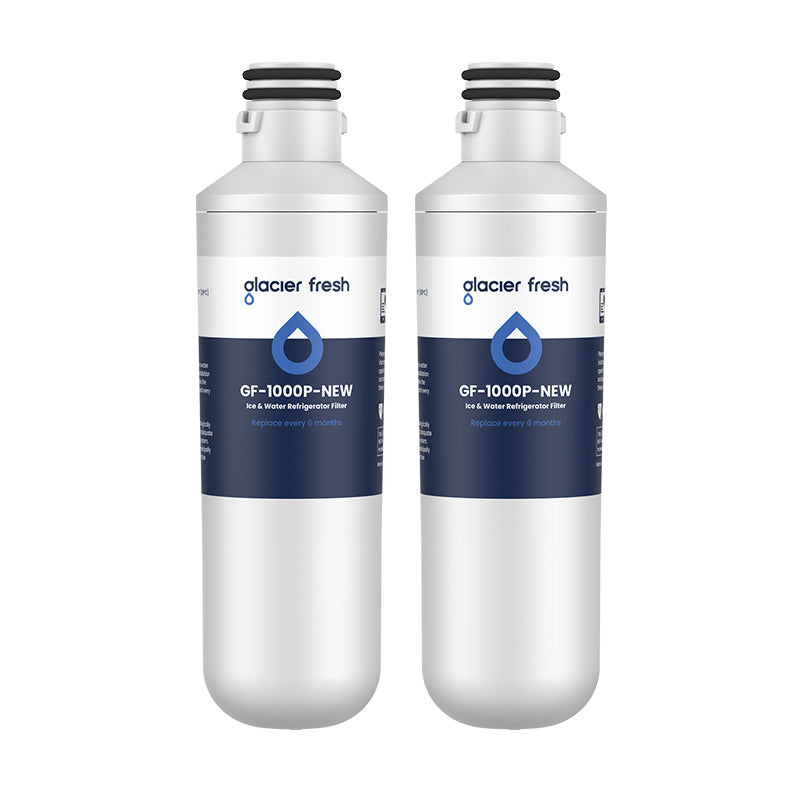In recent years, the demand for sustainable solutions in household water treatment has surged. One of the most promising innovations in this field is the use of biodegradable filter content. But what exactly does this mean, and how does it work? In this article, we will explore the science behind biodegradable filter materials, their benefits, and their natural breakdown process.

Understanding Biodegradable Filter Content
Biodegradable filter content refers to materials that can decompose naturally through the action of microorganisms. These filters are designed to remove impurities from water while minimizing environmental impact. Unlike traditional filters, which can take hundreds of years to break down, biodegradable filters offer a more eco-friendly alternative.
How Do Biodegradable Filters Work?
The effectiveness of biodegradable filters lies in their composition. Typically made from natural fibers, such as cellulose or plant-based polymers, these filters can trap contaminants while allowing clean water to pass through. When disposed of, they break down into harmless substances, enriching the soil rather than polluting it.
- Natural Materials: Biodegradable filters are often made from renewable resources.
- Microbial Action: Microorganisms in the environment aid in the decomposition process.
- Minimal Environmental Impact: These filters reduce landfill waste and pollution.
The Breakdown Process of Biodegradable Filters
Understanding the breakdown process of biodegradable filter content is crucial. When these filters are disposed of in a suitable environment, they undergo several stages:
- Degradation: Microorganisms begin to break down the material into simpler compounds.
- Composting: The decomposed material can be composted, returning nutrients to the soil.
- Mineralization: Ultimately, the organic matter is converted into carbon dioxide, water, and biomass.
This natural cycle not only helps in waste reduction but also supports soil health, making biodegradable filters a sustainable choice for water treatment.
Benefits of Using Biodegradable Filters
Choosing biodegradable filter content offers numerous advantages:
- Eco-Friendly: They significantly reduce plastic waste.
- Healthier Water: Effective at removing contaminants without harmful residues.
- Cost-Effective: While initial costs may vary, long-term benefits outweigh expenses.
Conclusion: A Sustainable Future with Biodegradable Filters
As we continue to seek sustainable solutions for household water treatment, biodegradable filter content stands out as a viable option. By understanding how these materials work and their natural breakdown process, consumers can make informed choices that benefit both their health and the environment. For those interested in exploring high-quality biodegradable filters, consider checking out  for a range of options tailored to your needs.
for a range of options tailored to your needs.






